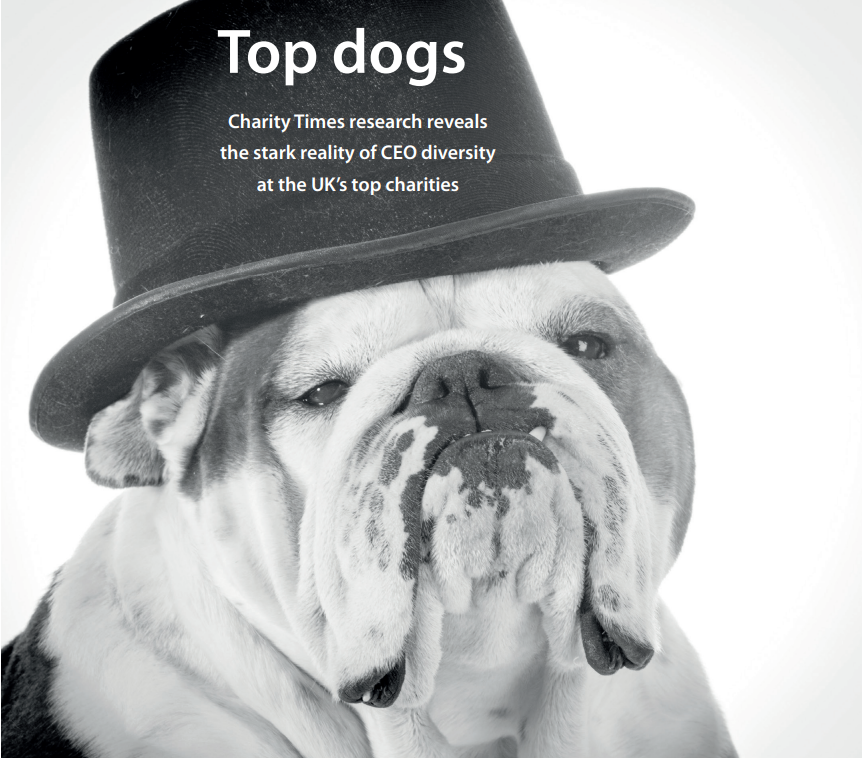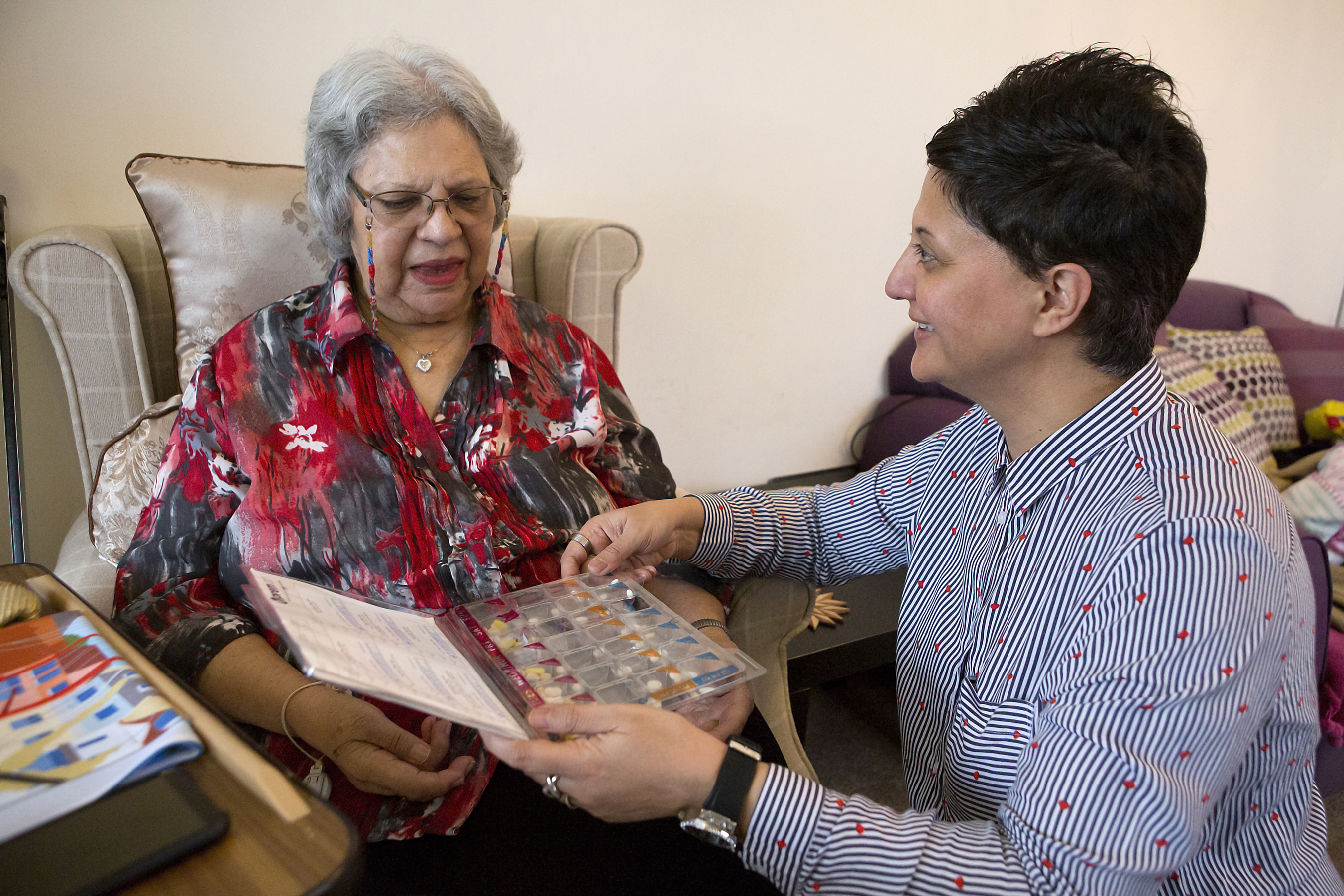Global charitable foundation Wellcome has apologised and pledged to act after a damning report slammed its efforts to tackle racism within its own organisation.
Two years ago, the charity made a commitment to being an anti-racist organisation after Black staff criticised inclusion within the organisation.
Concerns were also raised that Black funding applicants were less likely to be awarded grants.
But evaluation of the charity’s work to tackle racism since 2020 has revealed that since this promise to act “institutional racism has been allowed to fester within the organisation”,
It found that “there has been insufficient action taken to allow this commitment to take root”, which is “due to a myriad of cultural and structural factors, many of which serve to disproportionately impact” Black staff and grantees.
“Similarly, we also find that through harmful action and inaction, Wellcome is perpetuating and exacerbating systemic racism within the wider research sector which it operates,” the evaluation report adds.
The Charity’s director Jeremy Farrar has apologised for the “actions and inactions” that have caused institutional racism and “for the pain and disappointment it has led to”.
“The evaluation includes some descriptions of unacceptable racist behaviours and reading about these may be hurtful to those who have experienced them,” he said.
“This lived experience provides insights that will advance and enhance our anti-racism work.”
‘I was unable to thrive here’
One former employee detailed in her exit interview that she “had a series of negative experiences at Wellcome and I was unable to thrive here”.
“Many of these negative experiences (including issues related to career progression and pay) were linked to my identity as a Woman of Colour,” she said.
“This was recognised and acknowledged by more senior individuals within my team and these issues were not addressed sufficiently.”
The evaluation also found that “diversity has improved at staff levels in recent years”. But it notes that this improvement has not taken place “at the leadership level”.
Action promised
Action pledged over the next year includes favouring grant applications that “add to the diversity of the pool of people we support”.
In addition, a dedicated stream of funding will be available to researchers “who are Black and people of colour”.
Farrar added: “We will be announcing more detail about each of these measures over the coming months, as we develop the mechanisms by which they will be implemented.”
“If there are to be any changes to our application processes, we will advise grant seekers in advance.”
Other action includes appointing a new member to the charity’s executive leadership team responsible for equity, diversity, and inclusion, who will report directly to Farrar.
Latest News
-
Youth homelessness charity forced to turn away young people due to demand surge
-
Funder offers charities ‘social change’ grants of up to £50,000 to boost training
-
Navy charity handed £368,500 to support submariners’ families
-
Former football charity chief to lead sports and culture charity
-
From comics to crockery: the best places for charity shop sales revealed
-
Three arrests made amid ‘large-scale theft' of charity clothes donations
Charity Times video Q&A: In conversation with Hilda Hayo, CEO of Dementia UK
Charity Times editor, Lauren Weymouth, is joined by Dementia UK CEO, Hilda Hayo to discuss why the charity receives such high workplace satisfaction results, what a positive working culture looks like and the importance of lived experience among staff. The pair talk about challenges facing the charity, the impact felt by the pandemic and how it's striving to overcome obstacles and continue to be a highly impactful organisation for anybody affected by dementia.
Charity Times Awards 2023
Mitigating risk and reducing claims

The cost-of-living crisis is impacting charities in a number of ways, including the risks they take. Endsleigh Insurance’s* senior risk management consultant Scott Crichton joins Charity Times to discuss the ramifications of prioritising certain types of risk over others, the financial implications risk can have if not managed properly, and tips for charities to help manage those risks.
* Coming soon… Howden, the new name for Endsleigh.
* Coming soon… Howden, the new name for Endsleigh.
Better Society

© 2021 Perspective Publishing Privacy & Cookies











Recent Stories